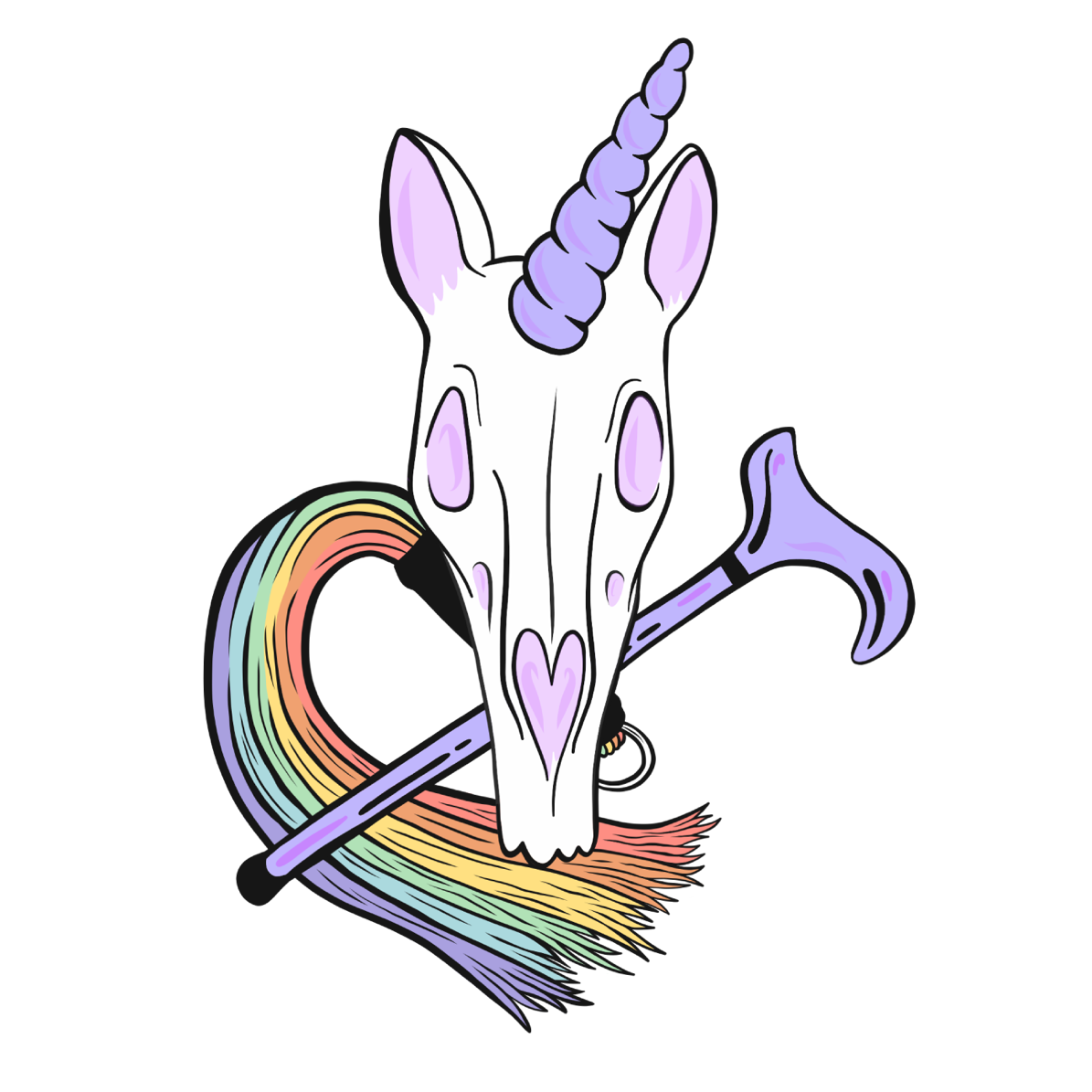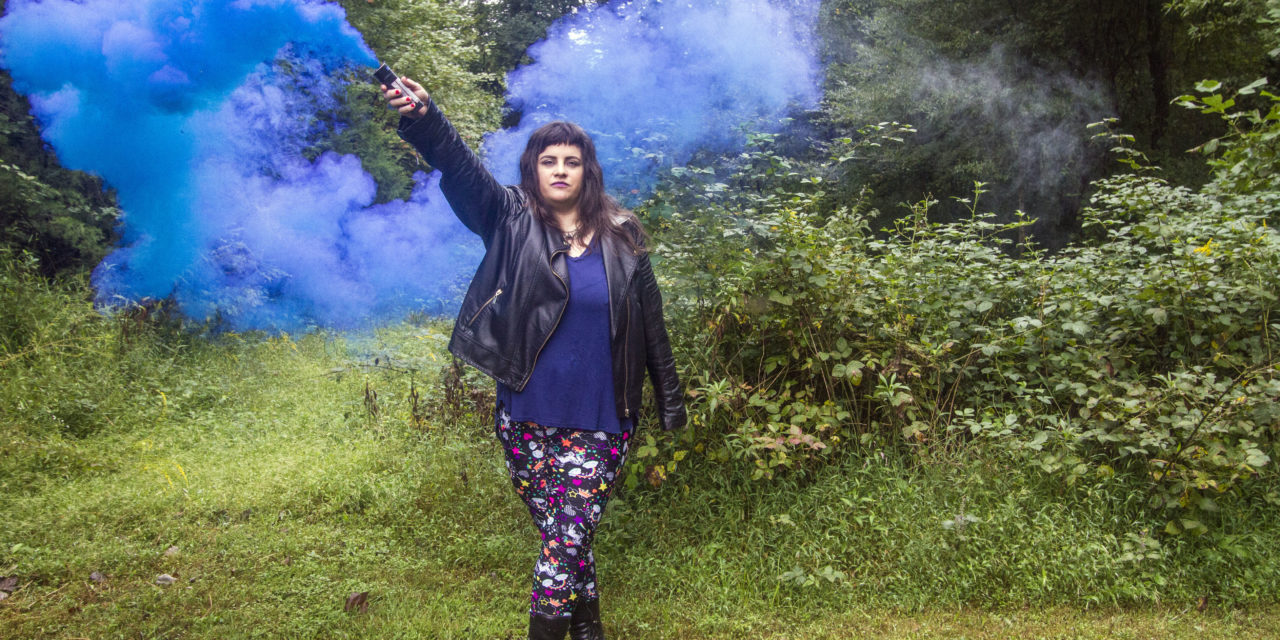It was recently #NationalComingOutDay as well as #WorldMentalHealthDay so here’s a post about both.
CN: mentions of self-harm, sexual assault, medical neglect, gaslighting, emotional abuse, suicide attempt, homophobia
I first asked my parents for psychiatric help when I was 12. They denied me that care, said I didn’t need it. They accused me of being on drugs, said I was having normal growing pains, blamed my school (a gifted and talented program) for causing undue stress. They didn’t know that a month before my 12th birthday, at the end of 6th grade, that I had been sexually assaulted and threatened with rape by a friend of a friend.
I didn’t tell my parents because I was afraid I would be punished. My parents never gave me a sex talk, let alone a talk about sexual assault. All I knew was what I had been taught: that sexual activity outside of marriage was dirty; I hadn’t been taught that assault was different. I thought that because of what was done to me, I was tainted. So I kept my mouth shut, dissociated from the memories (until I turned 14), and sank into PTSD.
For the two years of middle school post-assault, I self-harmed. My school knew; they called my parents several times to tell them they needed to get me help. Each time they called, I would get yelled at and punished.
I developed panic disorder, social phobia, and agoraphobia. I had generalized anxiety and panic attacks. I also had the beginnings of bipolar 1, which runs in my family. All of this combined with developmental trauma and the physicality of my genetic disorder — the further I progressed into puberty, the more my body went haywire. I had sepsis for the first time at age 13 and failed to fully recover. For years, physicians told my parents I was malingering, a hypochondriac, or worse — more of that “it’s just growing pains” bullshit.
I didn’t begin to receive adequate medical care until a few months before my 21st birthday — when I finally got on SSI and Medicaid.
Over the years I’ve been diagnosed and misdiagnosed, treated and mistreated. I’ve overcome the worst of borderline personality disorder, dissociative identity disorder, panic disorder, agoraphobia, social phobia, generalized anxiety disorder, multiple forms of obsessive compulsive disorder, and developmental trauma.
My attachment styles have improved. My relationship with myself and others have improved. I’ve stopped the more extreme forms of self-harm, including drinking and anonymous sex with drunken strangers. I’ve learned how to say “no” and create firm boundaries with certain situations. None of this is to say that my mental health isn’t still a struggle, because it is, but it’s no longer a struggle of life and death, it’s no longer a question of “will I make it through the day without killing myself” and is now “will I make it out of bed today.” The last five and three quarter years have made all of the difference.
Labor Day weekend of 2014, I purposefully overdosed on my sleep medication. My then-husband did not take me to a hospital “because I asked him not to.” There’s a three day gap in my memory; I remember taking the pills on Friday evening and then I don’t remember anything until Monday or Tuesday.
In trying to get help after the overdose, I found the fight in me, I found the rage I had been holding back since I was a pre-teen. I started to understand myself, my needs, and my desires. I ended my marriage and started trying to figure out who I was.
Who I was, and who I am, is a queer, nonbinary, nonmonogamous, kinky, mad/crazy, sick, disabled, and beautiful anarchist person. When I left my marriage I decided I wasn’t going to hide any of those attributes anymore. I’m out, out, out, and though my family may not embrace multitudes of my identities, they no longer deny their existence. (I was forced out of and back into the queer closet when I was 15 by my mother, who refused to have a queer child.)
I am who and what I am. I know these identities within me intimately and I don’t owe anyone explanations, coming out stories, or false humility.
In the 1990s there was a saying, “let your freak flag fly.” I used to feel like a freak, but I don’t anymore. I’ve found my people, at least in a loose sense. There are a lot of us.
There will always be judgment, both out and in our communities: you’re not disabled enough, you’re not queer enough, you’re too sick, you’re too kinky — but it doesn’t matter what other people think when it comes to the intricacies of self-identification. It only matters that we accept ourselves, no matter how we might change with the fluidity of self and the passing of time.
I accept myself and the flag I hoist says “one of us” on it. That’s my version of a pride flag. If you know, you know — and you might be one of us, too.


